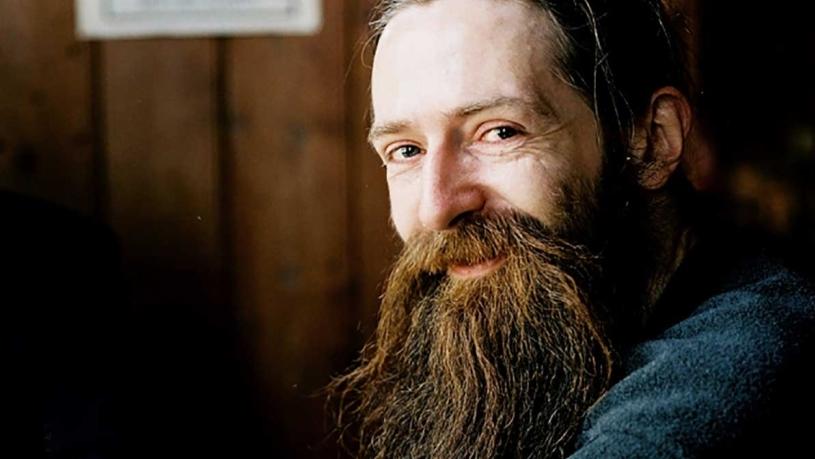
Scientists predict the first person to reach their 200th birthday has already been born.
This is the premise of a podcast launched by financial services group Sanlam this month.
In a four-part series, Sanlam talks to scientists about what fundamental changes might take place in a post-ageing society. The podcast, called The 200-Year-Old, is set in 2218 and weaves excerpts from experts with fictional conversations between the world's first 200-year-old, Lesedi, and her great, great, great, great, great grandson, Sam.
The main contributor is Dr Aubrey De Grey, Singularity University faculty member and chief science officer of SENS Research Foundation, which is a biomedical research charity based in California focused on developing new therapies that will undo and repair the molecular and cellular changes of aging.
The main principle behind SENS, says De Grey, is: "The most practical way to indefinitely keep the human body healthy (and, therefore, performing both mentally and physically as well as in young adulthood) is to periodically repair the damage the body continuously does to itself in the course of its normal operation.
"In other words, exactly the same way in which we already keep simple man-made machines fully functioning indefinitely, such as vintage cars."
It is not known when these medical advances will happen, as De Grey says since it is a pioneering technology, any prediction is extremely speculative. "But I think we have a 50% chance of getting there within 20 years. I think there is at least a 10% chance that we won't get there for 100 years, but that doesn't bother me; a 50% chance is quite enough to be worth fighting for!"
De Grey says regenerative medicine already exists in some forms, since it includes stem cells and tissue engineering.
"It is different only in the sense that it reverses things that the body has done to itself, rather than things that were done by external agents like infections. For the recipient, there is really no difference at all; it is administered by injections or by surgery, just like other medicine."
When asked if he thinks he will live to an older than currently natural age, De Grey says: "I have no idea; it depends on how soon the medicines to defeat aging are developed. If they are soon enough for me, then yes, very probably. If not, I probably won't even make it to 100."
Questions that immediately spring to mind when thinking about a world where people live for hundreds of years revolve around how the planet and government will handle such a large population.
De Grey says: "People always ask this question and I wish they would start to realise it's an incredibly stupid question. People will only live longer at one year per year, so it will be a very, very long time before people live 'much longer', and in that time, rather a lot of other things will happen.
"We will stop using fossil fuels because renewable energy will be cheaper. We will stop growing livestock because artificial meat that tastes really good will be cheaper. We will stop doing most of today's jobs because all of it will be automated. And all of these things will happen way before the elimination of aging will even have been achieved, let alone before it has any impact on the population."
The first episode of The 200-Year-Old podcast was aired last week and is available on YouTube. There will be three more episodes over the next three weeks. Last week focused on health, and the following episodes will concentrate on finance, relationships and the evolution of society.
Another expert quoted in the podcast is public health professor Jay Olshansky from the University of Chicago. Commenting on the evolution of society, he says: "You are now going to have three, four or perhaps even five generations alive at the same time, so our housing markets are likely to change; the way in which we interact with our children, our grandchildren, our great-grandchildren, those things are likely to change as well. Just the fabric of our society would be fundamentally altered with radical life extension."
De Grey will speak in SA in October at the SingularityU South Africa Summit.
"Singularity University is a terrific institution that is bringing futurist thinking to the world as never before. I've been closely involved with it since it was founded, and for sure it has furthered my cause as well as many others, by giving people a better understanding of how to aim high, and by bringing such people together as teams that achieve extraordinary goals," says De Grey.
Share